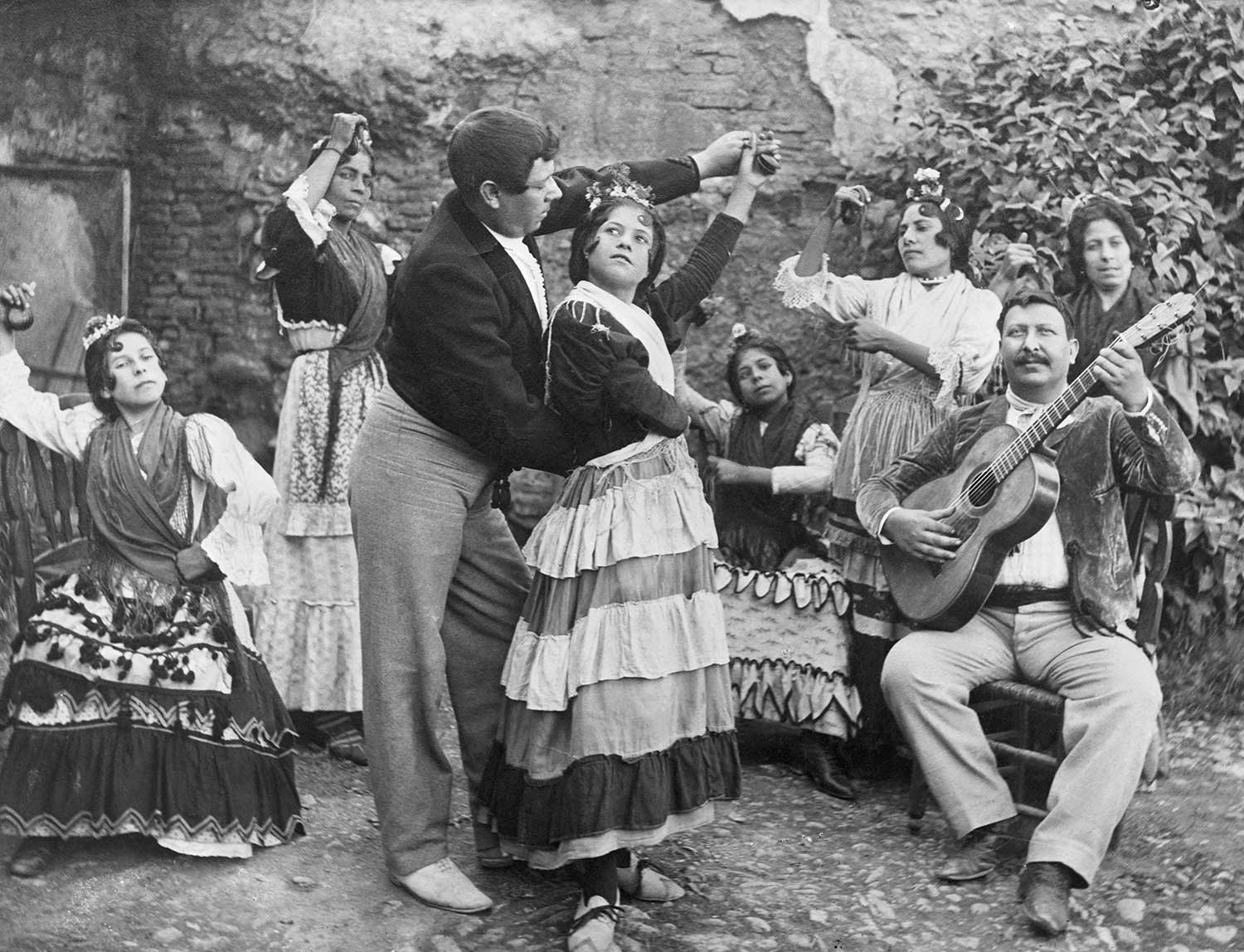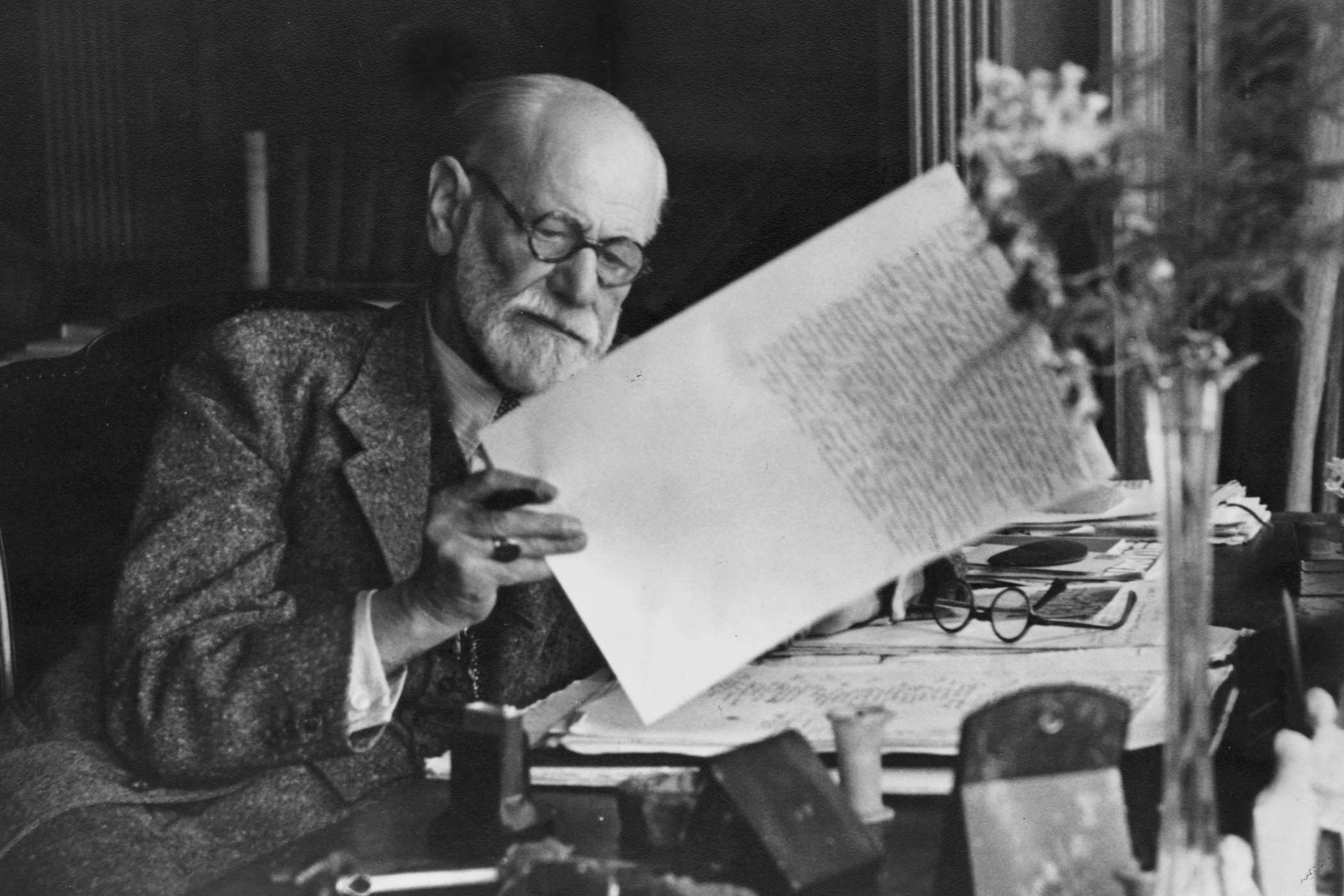The Roma: A Travelling History
Madeline Potter
Bodley Head, £22, pp272
In 1530 Henry VIII was so worried about the arrival of so-called Egyptians that he had a law passed demanding that these migrants, also known as “Gypsies”, must be deported on account of their “felonies”, habit of “palmistry” and “deceit”.
To the king’s frustration, the act proved hard to enforce as local authorities preferred to turn a blind eye and the Roma put up stiff resistance.
His son, Edward VI, made another attempt with a law that required Roma to be captured and enslaved for two years; they would be branded with a V for “vagabond” on their chests to make them more easily identifiable.
The persecution continued under Mary I whose law required Roma to give up their nomadic lifestyle. If they refused they were to be rounded up, put on boats and deported to Scandinavia.
Some present-day Norwegian Roma trace their ancestry back to these deportees. The resonance of this nearly 600-year history amid our current crisis of othering and hostility is deeply disturbing.
Britain’s record of prejudice and persecution is evident in every country where Roma have settled across Europe, and Madeline Potter does an admirable job of assembling this neglected and shameful history.
The charge sheet culminates in the horror of the Nazi persecution, the mass murder of Roma known as the Porrajmos. She looks in detail at nine European countries and the US, and weaves into the history her own experiences as a Roma growing up in Romania who moved to the UK to study and become an academic in 19th-century literature at Edinburgh University.
Newsletters
Choose the newsletters you want to receive
View more
For information about how The Observer protects your data, read our Privacy Policy
As the Tudor legislation indicates, the Roma had spread across Europe and arrived in Britain by the 16th century; originally from India, some Roma groups have legends of a time spent in Egypt, hence the term “Gypsy”.
The mapping of Roma identity is complex, with many subgroups and distinct cultures. Roma have adopted different Christian denominations – Orthodox, Protestant and Catholic – and other faiths, as with the Muslim Roma of the Balkans. Along with this diversity, however, there are common bonds of nomadism, music, song, story and dance.
With little understanding of this rich history, the Roma have been frequently confused with Travellers, the term “gypsy” applied loosely to anyone with a nomadic lifestyle, laments Potter. That has obscured how the persecution of the Roma has been driven by racism and the hostility towards nomadism.
It’s a heavy history to inherit, Potter acknowledges, and she has many scars, in particular from her upbringing in Romania.
The appreciation for the skill and creativity of Roma musicians still came with condescension
The appreciation for the skill and creativity of Roma musicians still came with condescension
Alongside her quiet fury, Potter has a deep pride and affection for the remarkable tenacity and resilience of Roma communities underpinned by the passionate cultural vitality of song and story.
As she concludes: “My journey has not been about tragedy but about celebration.” She has unearthed the remarkable stories of the Roma who fought for their rights, and their non-Roma allies. One such hero is the Swedish Roma, Johan Dimitri Taikon, who campaigned against a 1907 ban on Roma children attending school in Sweden. The ban was finally lifted in 1959 but illiterate himself, he didn’t live to see the success of his dogged efforts.
These were dark times in Sweden, then in thrall to eugenics; a programme of sterilisation of Roma women used manipulation and coercion – often threatening to remove existing children.
The Roma were described as “these worrying, socially unadaptable and significantly dangerous elements”.
Threaded through this pervasive European hostility has been fascination for the Roma, and Potter recounts the uneasy history of how Roma culture has been a source of inspiration, admiration and even envy.
The composer Franz Liszt borrowed freely and acknowledged his debt, but his romanticisation of the Roma incorporated racist tropes of a people “incapable of rational thought”. The appreciation for the skill and creativity of Roma musicianship still came with condescension.
Potter describes how among some Roma, learning the violin began very young and entailed rigorous training for hours every day, resulting in spellbinding performances; one such was Django Reinhardt, the French originator of “Manouche jazz”.
Potter has achieved a difficult task writing a book that, to do justice to its subject, must convey anger and grief, and yet which is also an exhilarating history of resistance and survival of a people who have refused to be defined by their persecutors.
Order The Roma at observershop.co.uk to receive a special 20% launch offer. Delivery charges may apply
Photograph by Bettmann Archive


